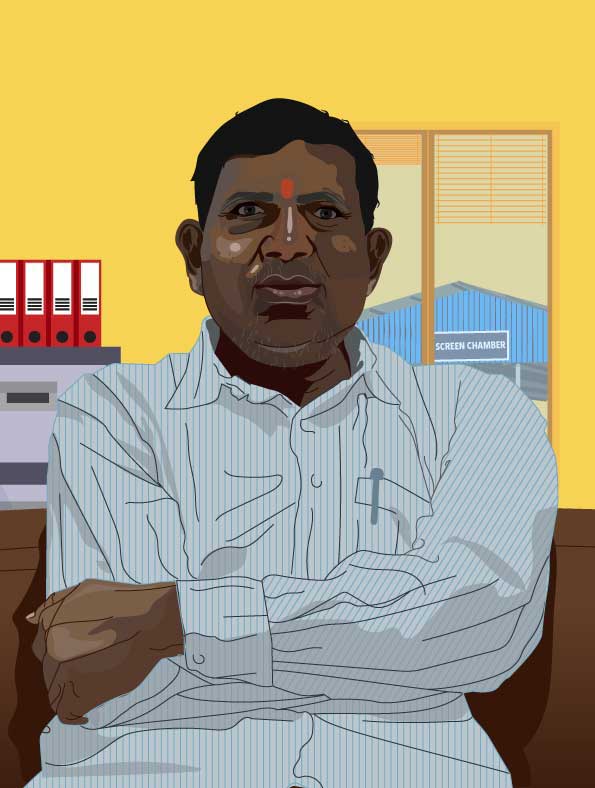Rajpati Bais, the Executive Officer of Chunar, hails from an agrarian background. His late father worked as a farmer, while his mother dedicated herself to homemaking. With two younger brothers, Rajpati draws inspiration from his agricultural roots, attributing his strong work ethic and collaborative skills to his upbringing.
To broaden his career prospects beyond public service, Rajpati pursued a bachelor's degree in education. Growing up in the village milieu, he witnessed firsthand the social and economic hardships faced by the community. Motivated by the suffering he observed, Rajpati nurtured a desire to hold a public position and actively contribute to problem-solving and alleviating people's difficulties. His inclination to work among the people remained constant throughout.
Rajpati places great value on Swachhta (cleanliness) and has taken proactive measures to raise awareness among Chunar's residents regarding waste segregation and the importance of regular door-to-door collection of solid waste. The citizens enthusiastically participate in these initiatives to ensure proper waste segregation and collection.
His work in Chunar has been pivotal in establishing a comprehensive approach to proper Faecal Sludge and Septage Management (FSSM), considering both the demand and supply sides. With support from Jal Nigam and technical assistance from the Centre for Science and Environment, Nagar Palika Parishad, Chunar successfully established a 10 KLD capacity Faecal Sludge Treatment Plant (FSTP). The formation of a Swachhta Dal, comprising educators, media persons, lawyers, and health experts, facilitates cross-sectoral collaboration to educate the public about the importance of emptying their septic tanks every three years. This ensures safe transportation and treatment of the waste at the FSTP.Rajpati's goal is to make periodic desludging every three years a routine process, minimizing the financial burden on households, particularly the economically disadvantaged.
Given Chunar's proximity to the river Ganga, protecting its water from pollution is crucial. Rajpati recognizes the significance of the FSTP and regulated desludging in achieving the mission of a Clean Ganga. He also recounts his efforts in a campaign on the river bank, raising awareness and sensitizing people about the importance of preserving the cleanliness of the Ganga.
Rajpati envisions Chunar as a pivotal city that will lead the way in ensuring safe and sustainable sanitation practices, shaping a better future for its residents and serving as an example for others to follow.

